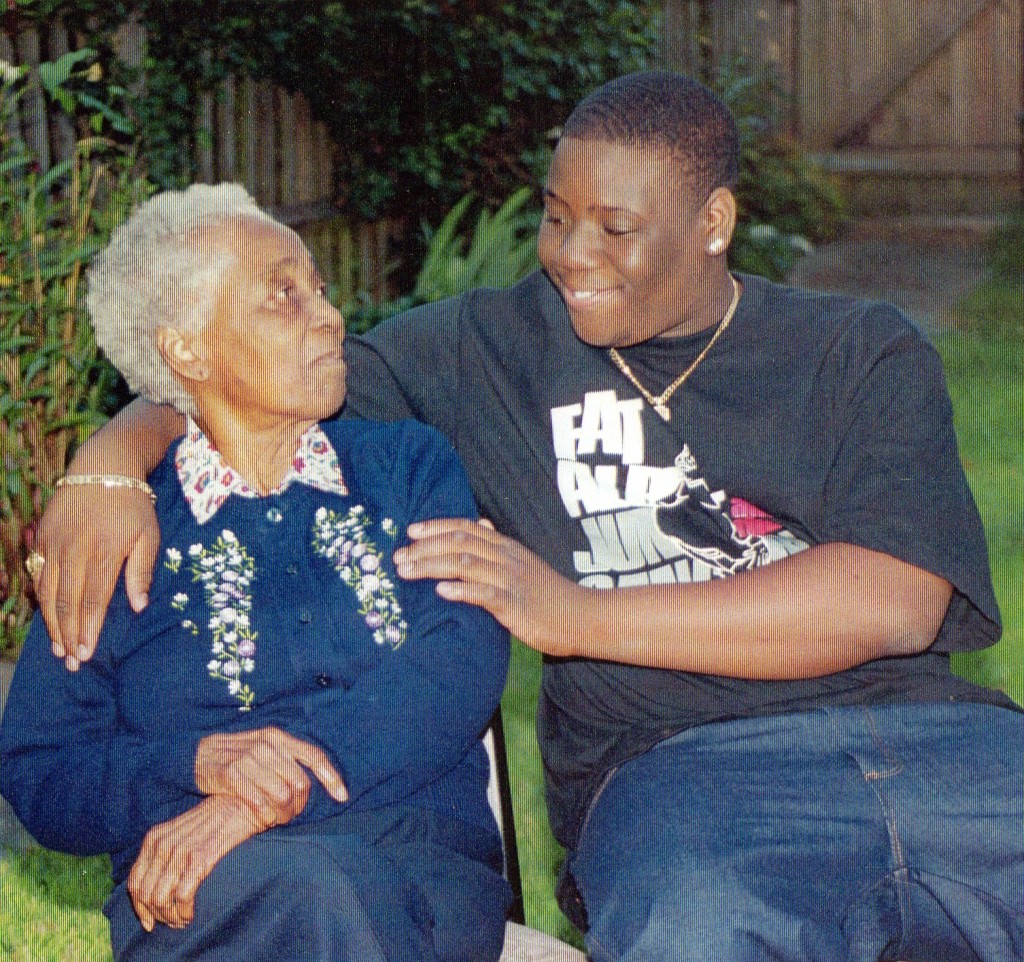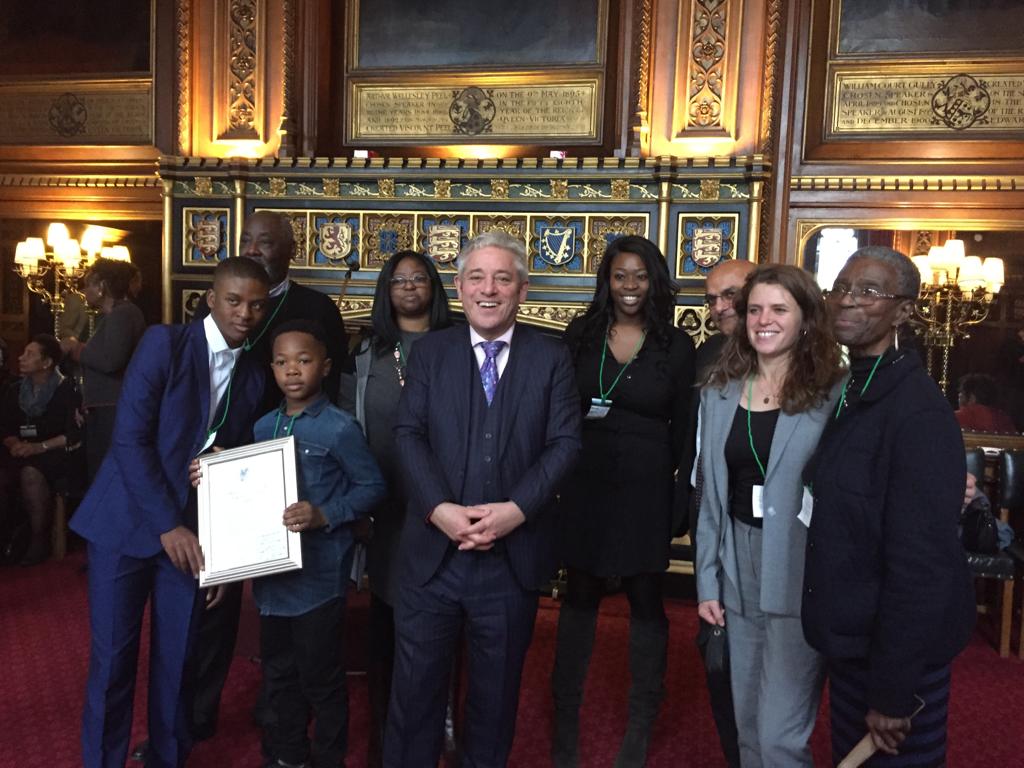
Olivia Davin and Harry Robinson
“Police brutality is like a revolting chain that continues to go round and round in circles and there’s no end to it.” – Kedisha Brown-Burrell.
Seni Lewis was left lifeless after being crushed by 11 police officers. For 45 minutes, the recent masters graduate was pushed on to his stomach and restrained with two pairs of handcuffs, one arm held under his chin, the other arm twisted behind his back. His legs shackled by two leg braces. Seni was beaten three times with a baton while his brain was starved of oxygen. He was left “limp” and “braindead”; the police officers thought he was faking it. This was against police practice. The hospital staff had watched on as the life was drained from Seni’s body.
Kingsley Burrell lay braindead on life support. His face had been smothered for two hours by a blanket. His family could see taser marks all over his body as they went to switch off his life support machine. Just hours before, Kingsley had written ‘they’re going to kill me’ in a notepad that his sister, Kedisha, had given him. His forehead was covered in lumps. His lips were bulging, they had burst. The handcuffs he was wearing had been tightened to such an extent that you could see the flesh around his wrists. This was against police practice. The hospital staff had watched on as the life was drained from Kingsley’s body.
In August 2010, Seni Lewis had voluntarily admitted himself to Bethlem Royal Hospital seeking help after feeling restless and agitated. In March 2011, Kingsley Burrell had voluntarily phoned the police in Birmingham for help after he felt that there was a threat to his life whilst he was out with his son. When Seni asked if he could leave Bethlem, 11 policemen were called to restrain him. When Kingsley asked if he could leave police presence, he was detained under the Mental Health Act 1983 for “smelling of weed”.
Two men, both innocent, both full of potential, both voluntarily putting themselves in custodial positions. Both died in police custody. Neither of them had any prior history of mental health issues before these incidents.
‘Excessive, disproportionate and unreasonable restraint and force’ would be deemed the cause of both Seni and Kingsley’s deaths.
It took Kedisha Brown-Burrell, Kingsley’s sister, three years to get an inquest into Kingsley’s death. It took Aji Lewis, Seni’s mother, seven.

In 2019, PC Paul Adey was sacked for dishonesty at a misconduct hearing after it was concluded that he had previously lied about not seeing a blanket smothering Kingsley’s face. In 2017, it was concluded that the force the police used on Seni resulted in his death – however, no police officer has been prosecuted for the murder of Seni or Kingsley. In fact, there has not been a single homocide prosecution of a police officer for over 30 years.
Kedisha said: “The system just never delivers for us. We as a family and as a community don’t have any faith in justice system whatsoever.
“We’ve been traumatised for far too long. We have post-natal depression because of us hearing about what is going on in society on a daily, yearly basis. Even with George Floyd I was like: ‘no, not another fallen solider under the state’.”
The inquests showed that the police abused their power in both cases and the mental health system failed to protect these two men – like it has failed to protect countless others.
Speaking of the way the police officers defended themselves in their respective inquests, both women had this to say:
Aji: “During the inquest, it was obvious that the police were ‘coached’, because they more or less all said similar things using the same words. It was difficult to discern the truth.
“When Seni walked out of Mawdsley Hospital, before going to Bethlem, we experienced some good police practice. They deescalated the situation and Seni was relaxed. This is what police practice should be.”
Kedisha: “There was plain, blank face lying and no remorse whatsoever in the court room. No, no you weren’t doing your job. You abused your powers; that’s exactly what they did.
“We always see a chain of coverups. It was all lies. They lied non-stop. They don’t know how to tell the truth when it comes to deaths in police custody.”
INQUEST casework and monitoring reports that the proportion of BAME deaths in custody where mental-health related issues are a feature is nearly two times greater than it is in other deaths in custody.
There have been 164 deaths in police custody in the last 20 years. 8% of these deaths are black. This is disproportionately high as black people make up just 3% of the UK’s population.

Aji believes the mental health system and the police are institutionally racist. “They think all black men are Superman,” she said, talking of how the 11 police officers piled onto her son. “Incredulous”.
In 2018, Aji Lewis and her local MP Steve Reed passed the Mental Health Units Use of Force Act, widely and eponymously known as ‘Seni’s Law’.
The act increases much needed oversight and management of the use of force in mental health units. There now has to be designated trainers to submit information and statistics about their mental health unit to the Department of Health each year. The legislation also improves regulations to reduce the levels of force used whilst handling patients.
There will also be improved arrangements between the police and mental health units, including the police wearing body cameras when they come into the hospital, as a consequence of Seni’s Law. Seni’s mother says the law is important for preventing anymore grief coming from the mental health system. “We don’t want any other family to lose a loved one like we lost Seni; in appalling, appalling conditions,” she said. “There was a complete lack of accountability.”

Kedisha is working on a private prosecution case for Kingsley. She is also hoping to film a reconstructed documentation of Kingsley’s death to help educate society on police brutality and the failures of our mental health units.
The similarities between the death of Kingsley and the death of Seni are frightening – it implies an institutional problem with the UK’s mental health units, police brutality and race. These are not isolated incidents. These cases consist of the same failures in our mental health system that unjustly sends a family into disrepair.
Reflecting on the campaign for change and the need to reform a system that has failed so many, Aji eloquently quotes Nelson Mandela:
“No single person can liberate a country; you can only liberate a country if you act as a collective.”
Don’t be the spectator; the hospital staff who watched on and did nothing. Don’t shy away and stay silent about a crucial flaw in our society.
Be the collective.
For more information on the topic explore the information on the UFFC and INQUEST websites.